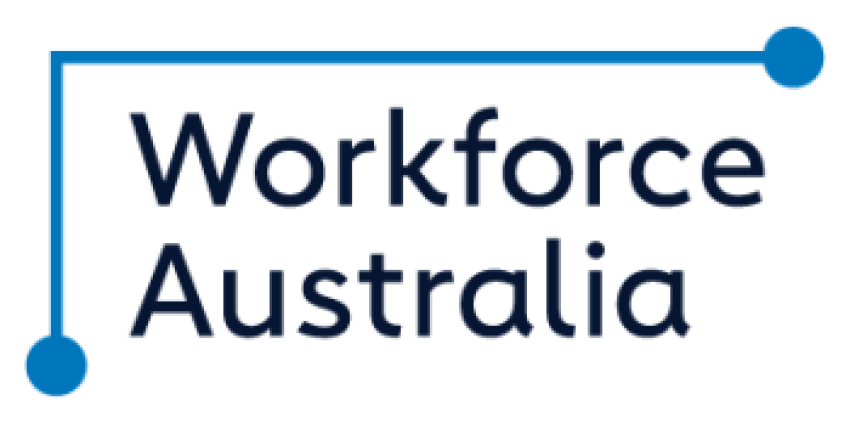
Anti-poverty campaigners are calling on Anthony Albanese’s Labor government to scrap the controversial new Workforce Australia program, scheduled to begin in July. The major overhaul to employment “services” will introduce more punitive measures for recipients of JobSeeker and other income support payments.
Antipoverty Centre spokesperson Kristin O’Connell told Green Left the new system is “not just pointless, but harmful”. She said Workforce Australia, which will overhaul the mutual obligations system to a Points Based Activation System (PBAS), only “dials up the pressure on unemployed people”.
Currently, JobSeeker recipients have to apply for 20 jobs each month, or risk an end to their payment. With a PBAS, JobSeekers must complete 100 points of “activities” each month: a job application is five points, completing an online learning module is five points and attending a job interview is 20 points.
Amazingly, those who find a job, are a full-time student, or are in a full-time work for the dole (WFTD) program, only receive 20 points.
O’Connell said the PBAS will create even more stress for people already struggling to get by. “One of our biggest concerns is that people won’t understand the changes and that will lead to payments being cut off.”
One-in-five people receiving some income support also work casually or have part-time jobs. Under PBAS, work shifts will count: five points for five hours work. If a shift is cancelled, or changed towards the end of the reporting period, a JobSeeker recipient may have to scramble to meet the required points.
“Under the current system, if you fail to meet your requirements you are penalized. But with the new system, you will not only be penalised but the points you failed to accrue will carry over to the next month,” O’Connell explained. “This will lead to points and stress piling up, and more payments being cut off.”
She said those on JobSeeker for 6 months or less will not see much change. The longer-term unemployed will suffer the most, creating “two classes of unemployed”.
While Workforce Australia was set up by the former Coalition government, new Labor employment minister Tony Burke said it is “too late” to abandon the new system.
O’Connell countered that it is “never too late to scrap a system like this”.
“It might take time for the minister’s office to get to grips with such a major project and this is why we are calling on the minister to ensure there are no penalties or suspensions for JobSeeker recipients for a minimum of 90 days.
“People need time to work out the new system.” O’Connell added that the government stopped payments being suspended during the pandemic “with the stroke of a pen” and that Burke could easily do the same.
While Burke has said he is open to making “some changes” to improve the system, O’Connell said it is “alarming” that he is not consulting anti-poverty advocates.
“So far he hasn’t responded to our requests to talk with us ... The minister could use those 90 days to engage with people in the system to make things less harmful. We don’t want him to rush the change and make things more confusing."
The JobSeeker rate of about $46 a day is almost half of the Henderson Poverty rate of $88. The Youth Allowance for students under 25 years old is even less — about $36 a day.
Labor has refused to raise the rate of income support, even scrapping a proposed “review” just before the election. Those on income support were already struggling to afford basic necessities, such as food, petrol and rent, even before the current cost-of-living spike.
“It is unimaginable cruelty to ignore millions of people on payments below the poverty line, people on welfare were already cutting back on meals before prices went through the roof,” O’Connell said.
She said it is disappointing that during the election the government invoked Albanese's upbringing in public housing and his mother being on the Disability Support Pension, and has now dug in to defend unnecessary tax cuts for the rich, while passing a “paltry” minimum wage rise and some mortgage relief.
The government has refused to commit to building more public housing and said it will not raise welfare payments in its first budget.
While campaigning for raising income support payments and opposing punitive compulsory activities, O’Connell said the Antipoverty Centre is also building a campaign against the WFTD program, which she described as “dangerous and dehumanising”, as shown by the death of Josh Park-Fing on a WFTD site in 2016.
Under Workforce Australia, those on JobSeeker payment will start WFTD after 6 months, as opposed to the current 12 months.
“We are in the process of gathering stories and experiences from people in the system which we will use to pressure the government and companies that use WFTD for staff,” O’Connell said. “We need to build a grassroots campaign, including unions and local government to end WFTD for good.
“WFTD undercuts waged workers, providing free labour for host organisations who will then hire fewer paid staff. We need to build solidarity between waged and unwaged workers.”
O’Connell said grassroots pressure can make it “untenable” for politicians to do what they are doing to people on welfare. “There is already lots of support, the majority of people want welfare payments to be above the poverty line, we just need to make it a priority.”
[A protest against Workforce Australia has been organised outside employment minister Tony Burke’s Sydney office on July 1 at 12pm. Sign the petition for 90 days suspension of payment cut offs.]